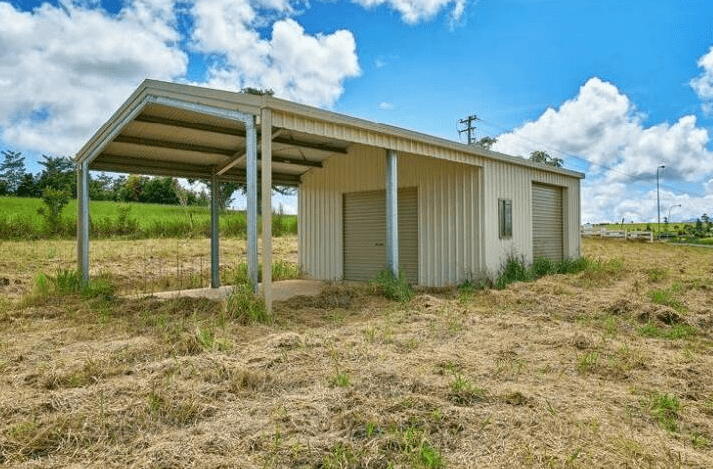Holding Costs for Vacant Land from 2020 - Government denies deduction claims
The proposed changes are said to address concerns about taxpayers claiming tax deductions for holding costs on land that was not genuinely held for the purpose of producing assessable income.
On 24 July 2019 a Treasury Laws Amendment Bill was introduced to Parliament to limit these holding cost deductions, in line with the proposals in the 2018 Budget, and the amendments are expected to pass the Senate and be enacted for the 2019/20 tax year.
The amendments seeking to deny deductions, relate to any outgoings associated with holding the land, such as interest, borrowing costs, land taxes, council rates and maintenance costs.
Previously, there has been a long accepted principle that interest incurred in the construction phase of a property development, is deductible and may be claimed prior to construction commencing [TR2004/4], where there is no room for doubt in the taxpayers intent, as evidenced by :-
having an ultimate end view of using the constructed property for income producing purposes. (ie future rental income)
continued efforts being undertaken to develop the property for this end result
keeping the development process in a reasonable time frame so that it is not so long that the connection between the interest being deducted and the income production is lost
[Refer Steele’s Case (1999) ; Ormiston’s Case (2005)]
Whilst the holding costs may be denied as an Income Tax Deduction, they may still be included in the Cost Base of the property under the third element of “costs of owning”, thus the outlays will have the effect of reducing any future capital gain.
Another point to note is that the term “vacant land” can be deemed where the land is not completely vacant of any structures. That is, where there is no substantial and permanent structure in use or available for use, which has a purpose that is independent of, and not incidental to, the purpose of any other structure. For example, the presence of a letter box, shipping container, carport, garage or shed would usually not be sufficient to satisfy the “substantial and permanent structure’ definition and treat the land as not vacant.
In the case of a proposed development of a rental property, for the outgoing cost to be deductible, the land must contain the structure, at the time that the cost is incurred. And the timing of these claims on a developed rental property must be at a time whereby the premises is both “lawfully able to be occupied” and is (or available to be) leased, hired or licenced. Once again, a carport or shed would not generally be accepted as a legal place of residence for rent.
The proposed amendments apply to “vacant land”, but do not apply to land used in carrying on a business.
More specifically, the amendments remove any doubt by providing details of “vacant land” exclusions applying to property developers, who may hold land for a long period of time prior to undertaking construction, and primary producers who may hold otherwise vacant land for the purposes of agistment or fallow for rejuvenation.
As with any legislative changes, there will be a period of settling in, with assessment required on a case by case basis, taking into consideration all of the tax regimes and any new instances of the rules being tested and qualified in the court system.
If you believe that your circumstances may be impacted by these changes, please do not hesitate to contact us for clarification, so we can look at your situation more specifically.
As always, if you have any other concerns or queries in relation to this or any other financial matter, please do not hesitate to contact one of the Cordner Advisory team on (07) 5504 5700 so we can discuss the matter and solutions with you.
Cordner Advisory - Your Business Advisory, Accounting & Tax Specialists. Catering for clients all across Australia, from the golden beaches of the Gold Coast and Sunshine Coast to the capital cities such as Brisbane, Sydney and Melbourne




